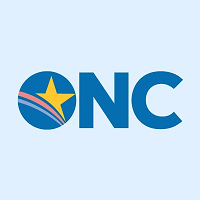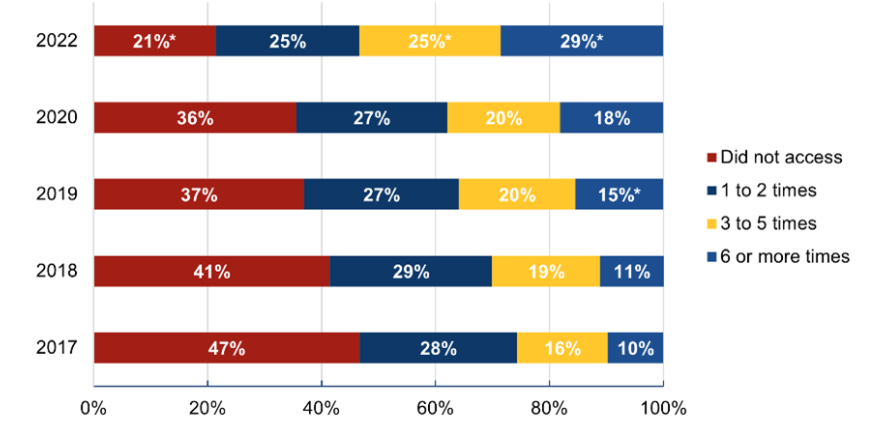 By Lana Moriarty and Alex Mugge, ONC
By Lana Moriarty and Alex Mugge, ONC
LinkedIn: Lana Moriarty
LinkedIn: Alexandra Mugge
X: @ONC_HealthIT
The U.S. Department of Health and Human Services (HHS) is working diligently to strengthen policies that can bring patients more comprehensive access to their health information. In October 2023, the Office of the National Coordinator for Health Information Technology (ONC) and Centers for Medicare & Medicaid Services (CMS) held an event to share initiatives that help patients access their health data. The event, Enabling Patient Access to Health Data for Actionable Results, brought together patients, providers, payers, and health IT developers to discuss how HHS policies are working in practice and how to maximize the impact of these policies. The event highlighted educational tools and resources, such as patient-facing apps that enable the availability of patient information and make that health information easier to understand.
Here are some of the top takeaways from the event.
Patient Access
Patients experiences in accessing data vary widely. The event highlighted the Biden-Harris administration’s focus on increasing patient access to their electronic health information to enable patients to be active, informed participants in their health and care.
ONC and CMS policies have a significant impact on patient access across the health system. Recent results from the Health Information National Trends Survey highlighted in the Individuals’ Access and Use of Patient Portals and Smartphone Health Apps, 2022 data brief showed:
- Patient access to health information increased steadily between 2014-2019, then accelerated between 2020 and 2022 during the pandemic.
- Patients are increasingly being offered access to their health information via online medical records and patient portals by their health care provider or insurer (73% in 2022).
- Patients are increasingly accessing their health information when offered (57% in 2022).
- Not only are patients accessing their health information at higher rates, but they are also accessing it more frequently (Figure 2).
Figure 2: Frequency of individuals accessing their health information online within the past year, 2017-2022.
- More frequent access may be driven in part by having more methods available to access information (via web-based portals and apps).
- Patients who access a portal or app do so mostly to view info (test results and notes) but also to download and share information.
- While most patients report having online access with their primary care provider, about half of individuals had more than one record or portal with different organization/provider types.
All Things App
The use of application programming interfaces (APIs) will make the next generation of applications more useful by helping reduce the effort it takes to access, exchange, and use health information. During the event, innovative developers demonstrated how they are making patients’ health information actionable, and the implementation challenges they face as they connect sources across the care continuum. These challenges will begin to diminish with the use of APIs and interoperable data.
Payer Data
Health care payers are now making data available to patients in new and exciting ways. Beyond merely sharing claims data, patients can now view a variety of health-related content, including data from payer health promotion programs that are focused on improving wellbeing. CMS Principal Deputy Administrator Jon Blum shared the agency’s goal for expanding its policies on interoperability to further encourage payers to share data with patients and providers, and for patients to be aware of how to obtain their data. In addition, a panel of payer leaders shared ideas on the impact of CMS policies to require payers to share data with patients, strategies that might be used to encourage uptake among patients, and suggestions for how government and industry can work together to promote better access to health information.
For those that were unable to join the event, a recording of the session is available on ONC’s dedicated webpage for patients. There are also a number of valuable resources on that page, including links to The Guide to Getting & Using Your Health Records, informational videos, and research and data about how patients access and use electronic health information.
CMS also recently held the 2023 CMS Conference on Optimizing Healthcare Delivery to Improve Patient Lives on November 15, 2023. The event convened the federal government, health provider organizations, and the patient advocacy community to focus on opportunities across the healthcare enterprise to reduce administrative burden, strengthen access to quality care, and make it easier for clinicians to provide that care.
This article was originally published on the Health IT Buzz and is syndicated here with permission.

